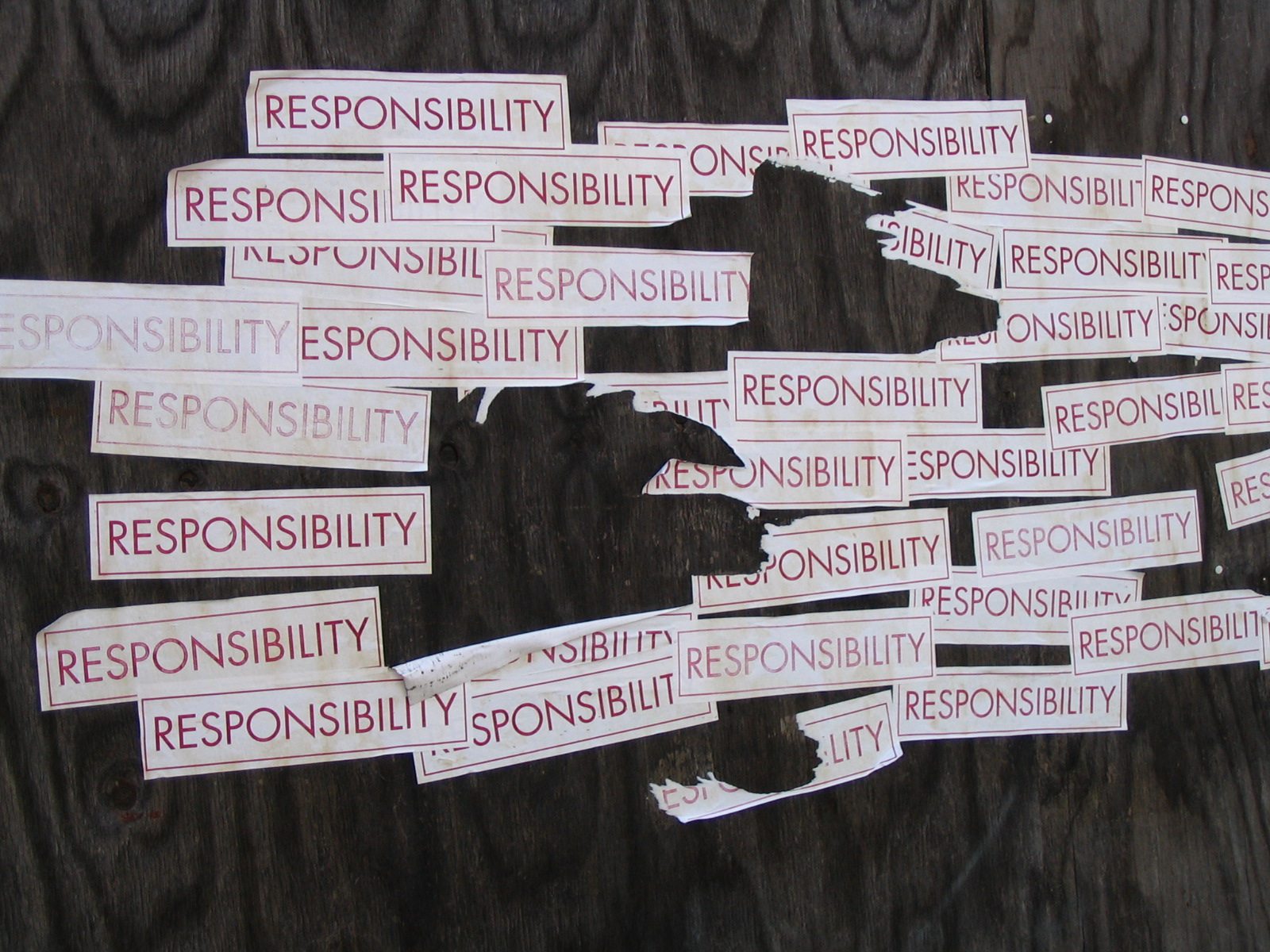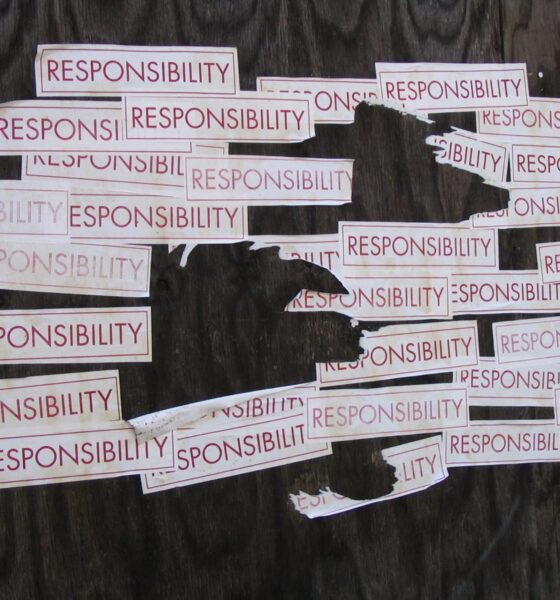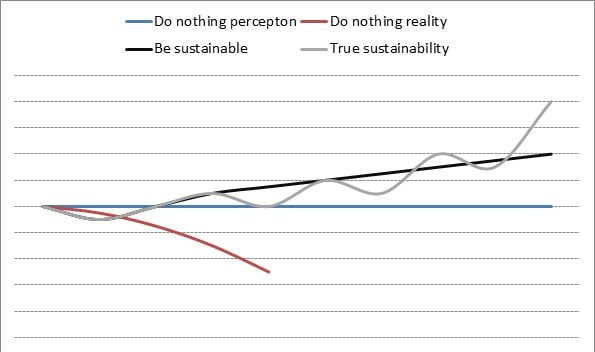

Features
The business case for sustainability – an exceptional Forum for the Future event
It was a hot and humid Tuesday afternoon at the Wallacespace venue in Euston as members of the Forum for the Future network gathered to discuss the business case for sustainability.
For those not familiar with Forum, early Green party leading voices, Jonathon Porritt, Sara Parkin and Paul Ekins, founded the not-for-profit organisation in 1996. Its aim is to promote sustainable development. The current CEO is Sally Uren, who was our host for the event.
The question asked of speakers and members was, “How do you make the business case for sustainability activities that create real step-change in business?” And, “How can sustainability add to your bottom line?”
“It’s just the right thing to do”, as a philanthropic cry, does not cut it in the corporate world. This event was about practical advice and evidence on how sustainability can boost a business’s performance.
The evidence came thick and fast.
The event was held under Chatham House rules so we can only report some of what was said, but there were two powerful keynotes from C&A’s head of sustainable business development, Philip Chamberlain, and Forum’s David Bent, who will be writing a regular column for B> in the coming months.
The key challenge was delivering the required step-change over incrementalism, which is not commensurate with the challenge we face.
Bent presented research conducted with the World Resource Institute that showed how to make the case for sustainability and then actually make it happen.
The five stages were: having an existing journey to build upon, the necessity of senior executive buy-in, a long-term perspective, a serious business rationale and techniques to deal with status quo bias in financial models.
What struck the author was the advantage of being a disruptive enterprise or being privately owned in taking a long-term view.
Status quo bias was eloquently explored in Thaler and Kahneman’s well-known behavioural economics studies – that we are not rational homos economicus but an irrational, pattern-seeking herd species. The theory was subsequently popularised, and adopted by government, in the book, Nudge, written in collaboration with Cass Sunstein.
Behavioural economics assumes asserts five traits in human behaviour: anchoring – using limited information to make general assumptions; availability heuristic – the shortcut that the ease of thinking of something suggests its frequency; representative heuristic – seeing patterns in randomness; herd mentality – we tend to do what our peers do; and status quo bias – put simply, the preference for the current state of affairs in thinking and financial modelling.
We see more risk in change than in maintaining the current model. Many incumbent players, in many sectors, would beg to differ.
This pushed to the fore the future scenarios that Forum is so well-known for.
By asking senior corporate leadership teams to look far into the future, you remove immediate politics and status quo bias. People are generally more comfortable discussing speculative long-term trends.
The immediate management assumption is that if we continue as we are, the long-term effect will be consistent performance (the perception). In reality, external events mean that doing the same thing tends towards a diminishing return (the reality). By investing in the future (be sustainable), causing a dip in current performance we create a growing a sustainable future.
We added a line (true sustainability) to show how this process is on going.
 The future scenarios model is a tried and tested method from military schools since the times of Von Clauswitz to modern business planning – but is rarely used.
The future scenarios model is a tried and tested method from military schools since the times of Von Clauswitz to modern business planning – but is rarely used.
Four optional workshops were held with Matt Sexton, director of corporate social responsibility at B&Q; Tom Domen, long-term innovation manager at Ecover; Michael Pennant-Jones, group sustainable business manager at Finlays; and Martyn Seal, European sustainability director at PepsiCo.
Several questions were raised during the event, such as do we need more government action to address the urgency of the crisis we face. The quiet answer was yes. The view was raised that institutional investors are more interested in the downside risk than upside opportunity.
There was consistent evidence that sector collaboration trumps competition in moving competitor firms further faster.
One person pointed out that the smouldering platform turning into a burning platform would give the necessary impetus to make the necessary step change.
Uren highlighted lessons from the day.
Look at the whole picture, take a long-term view, set up data collection/evidence early, know your audience, use the right language, lever different and existing assets in the organisation and be clear about collaboration with competitors.
As if by happy coincidence, the Financial Times published an article on the day of the event demonstrating the real benefit of responsible or sustainable business.
One question asked of the audience was what would help make sustainability progress, to which I replied, “A less sustainability illiterate political class, media and investment community would help.” Tragically, the burning platform is more likely to convince these dogmatic people than any evidence.
This was an excellent event and made membership of Forum a worthwhile investment.
Further reading:
Ernst & Young report has sustainability at the top of corporate agendas
‘You want us to produce one of those corporate socialist reports?!’
CSR and sustainability practices found to boost public perception of firms
Reflections on a debate: has CSR reached its sell-by date?
Survey shows UK firms are getting complacent with supplier risks


 Environment11 months ago
Environment11 months agoAre Polymer Banknotes: an Eco-Friendly Trend or a Groundswell?

 Features10 months ago
Features10 months agoEco-Friendly Cryptocurrencies: Sustainable Investment Choices

 Features11 months ago
Features11 months agoEco-Friendly Crypto Traders Must Find the Right Exchange

 Energy10 months ago
Energy10 months agoThe Growing Role of Solar Panels in Ireland’s Energy Future





























